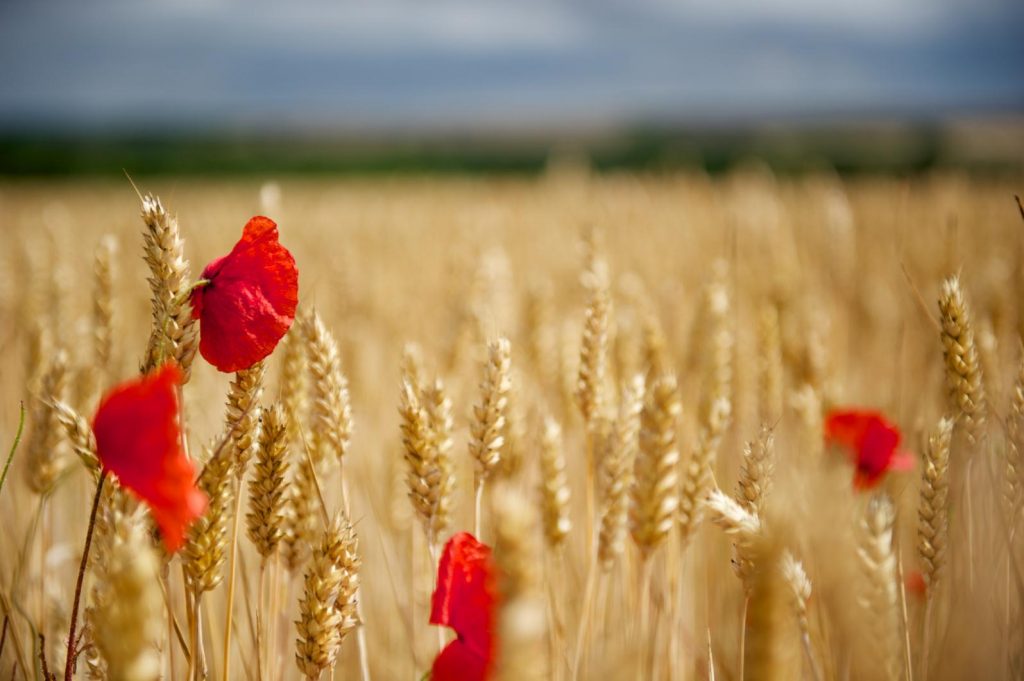

What is sustainable agriculture?

November 20, 2012
Sustainable agriculture is farming using the principles of ecology and it has been defined as an integrated system of plant and animal production practices having a site-specific application that will last over the long term to:
• Satisfy human food needs
• Enhance environmental quality and the natural resource base upon which the agricultural economy depends
• Make the most efficient use of non-renewable resources and on-farm resources and integrate, where appropriate, natural biological cycles and controls
• Sustain the economic viability of farm operations
• Enhance the quality of life for society as a whole.
Sustainable agriculture takes many forms, but at its core is a rejection of the industrial approach to food production developed during the 20th century.
This system, with its reliance on monoculture, mechanisation, chemical pesticides and fertilizers, biotechnology, and government subsidies, has made food abundant and affordable but the ecological and social price has been steep: soil erosion; depleted and contaminated soil and water resources; loss of biodiversity; deforestation; labour abuses and the decline of the family farm.
So the concept of sustainable agriculture embraces a wide range of techniques, including organic, free-range, low-input, holistic and biodynamic. The common thread: to embrace farming practices that mimic natural ecological processes.
Therefore farmers should minimise tilling and water use; encourage healthy soil by planting fields with different crops year after year and integrating crops with livestock grazing; and avoid pesticide use by nurturing the presence of organisms that control crop-destroying pests.
Part of this sustainable approach is environmental monitoring of the extraction of water from the soil spaces or pores – soil solution monitoring. These methods of extraction, like farming have followed fashions – yesterday’s best material is vilified today. At Van Walt we have concentrated on two sampling methods. For general soil water extraction, especially when larger volumes of samples are required we supply ceramic cups. These are cheap and work well when simple analyses such as residual nitrates are needed.
Unfortunately ceramic cups can interfere with the chemistry of certain elements, compounds or measurements such as for example pH and Phosphorus and other metals. When a large range of analyses need to be carried out then the Rhizon samplers have become very useful and are now more or less the researcher’s favourite in the UK and many parts of Europe. Rhizon samplers are made of a porous and inert polymer.
In crop irrigation studies soil tension is an important measurement. We have an array of different tensiometers available with manual or electronic readout facilities.
And these methods work in harmony with sustainable agriculture principles because there is increasing amounts of evidence to suggest that sustainable farming and proper maintenance of the land and water resources can lead to levels of production as high as conventional, industrialised farming practices.
You might also be interested in...
Van Walt Guidelines for sampling for PFAS in Groundwater
November 13, 2024We need to make clear, that at the time of writing, there are no ISO or EN standards which deal with the sampling of groundwater for PFAS.
Read MoreSpot measurement v. continuous environmental monitoring
August 25, 2023Environmental monitoring has developed considerably over the years. From the time when a consultant went out monthly or quarterly with a dip tape to monitor the groundwater level in a borehole, wind forward...
Read MoreMeasuring Nitrates (NO3, NO3-N) in the field
June 20, 2023The interest in Nitrates is nothing new. One way or another we have been measuring them for half a century.
Read MoreVan Walt Environmental Equipment
A small selection of our environmental equipment